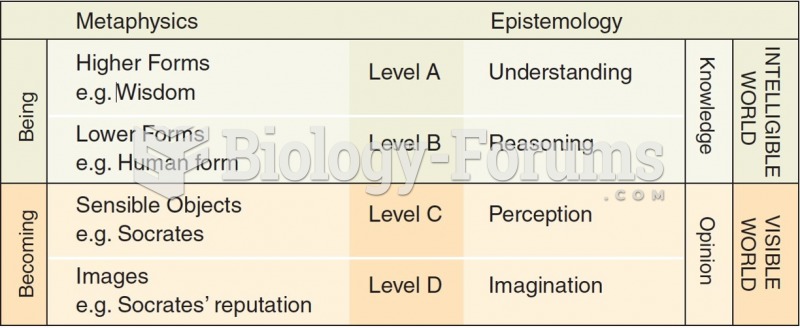Definition for Plato
From Biology Forums Dictionary
Plato (428 B.C.E. to 347 B.C.E.): Greek philosopher, probably born in Athens of a wealthy family. Little is known of his early life, but he was a devoted follower of Socrates. He traveled widely, and then he founded his Academy at Athens, where Aristotle was his most famous pupil. He remained there for the rest of his life. His many dialogues are usually divided into three periods. The early dialogues have Socrates as the principal character engaged in ironic and inconclusive interrogations about the definition of different moral virtues. In the middle dialogues, he develops his own positive doctrines, such as the theory of knowledge as recollection, the immortality of the soul, and, most importantly, the theory of forms (or "ideas") which contrasts the temporal, material world of "particulars" (objects merely of perception, opinion, and belief) with the timeless, unchanging world of universals or forms (the true objects of knowledge). The Republic also describes Plato's celebrated political utopia, ruled by philosopher-kings; a more dystopic version is to be found in his “Laws.”



